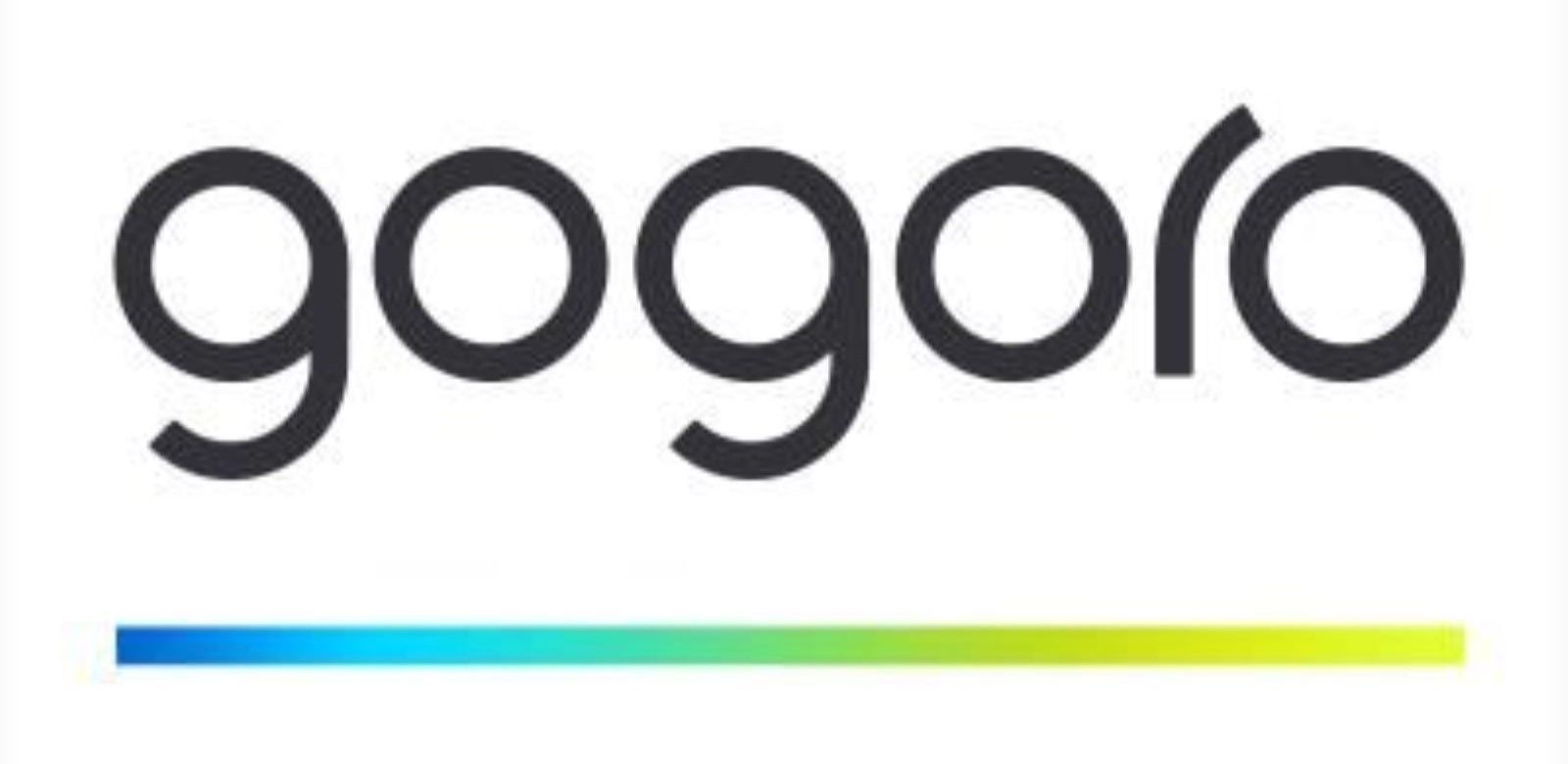Taiwan’s Gogoro signs deal to test EV battery-swapping in India

Source: https://www.ft.com/content/32a1e590-6349-4166-8c3e-e71142ad5f5a
Devendra Fadnavis, Maharashtra’s deputy chief minister, announced the deal on Tuesday with Taiwanese electric scooter and battery-swapping provider Gogoro and Indian automotive system manufacturer Belrise to build energy storage infrastructure.
Gogoro’s founder and chair Horace Luke said the battery charging stations would have “multipurpose use”, including for farmers who needed energy during periods of peak demand.
Gogoro and Belrise would provide the bulk of an initial investment to cover pilot project costs, Luke said. The partnership would then also seek funding from outside parties including infrastructure investors to extend the coverage of charging points across the state, with the full project expected to cost $2.5bn, he added.
India has been slower to adopt battery powered vehicles than its neighbour China, which started earlier and has underwritten electrification with large subsidies for buyers and makers of EVs and their components.
Early adoption of EVs, which sell for more than conventional vehicles, has also been hindered by Indian consumers’ price sensitivity and the sparse coverage of charging stations.
But that is starting to change as manufacturers including Tata Motors expand their line-ups, and central and local governments step in with incentives that help to lower costs. The sweeteners have helped to increase sales of battery-powered two- and three-wheel vehicles, a segment that is widely used in India for transport and deliveries.
Fadnavis said the partnership with the Temasek and Foxconn-backed Gogoro and Belrise would “enable alternatives to the fossil fuel solutions many of our residents use today”.
However, analysts remained cautious on the prospect of battery-swapping technology, an emerging technology that has had success in smaller cities with strong existing road infrastructure, such as Gogoro’s home market Taipei, but remains untested in bigger cities like Mumbai, Maharashtra’s megacity capital.
“Swapping as a solution is challenging to implement, especially for retail customers,” said Amol Deorukhakar, who leads coverage of the EV sector at Avendus, an investment bank.
However, he added, the concept could work on “closed-loop networks”, for example, a business fleet operating thousands of vehicles in a small area of a large city such as Mumbai or Delhi.
Gogoro dominates electric scooter sales in Taiwan, the top seller in the country for seven consecutive years in 2022, but slowing sales and a drop off in government subsidies have pushed it to find new growth markets, including in Israel and India.
“We are going for growth. Taiwan is a small market. It is very important for us to diversify revenue streams,” said Luke.
“India is a great opportunity. Gas prices are high, and the Indian government is pushing hard for green technology to improve lives in polluted and noisy cities,” he added.
The Taiwanese group partnered with the Indian two-wheeler manufacturer Hero MotoCorp nearly two years ago to build a network of battery-swapping facilities in India and jointly build an electric scooter that uses the Gogoro batteries. The scooter has not yet come to market.
Gogoro went public through a special-purpose acquisition vehicle in April 2022 and is currently valued at just over $1bn after its share price fell nearly 60 per cent since the listing. The Taiwanese group was hit by selling pressure after investors dumped shares of companies with high debt levels and capital expenditure costs as global central banks moved to increase interest rates.
Luke noted that the lockdowns in China had created supply chain challenges, where it sources many of the 180 components in its scooters.